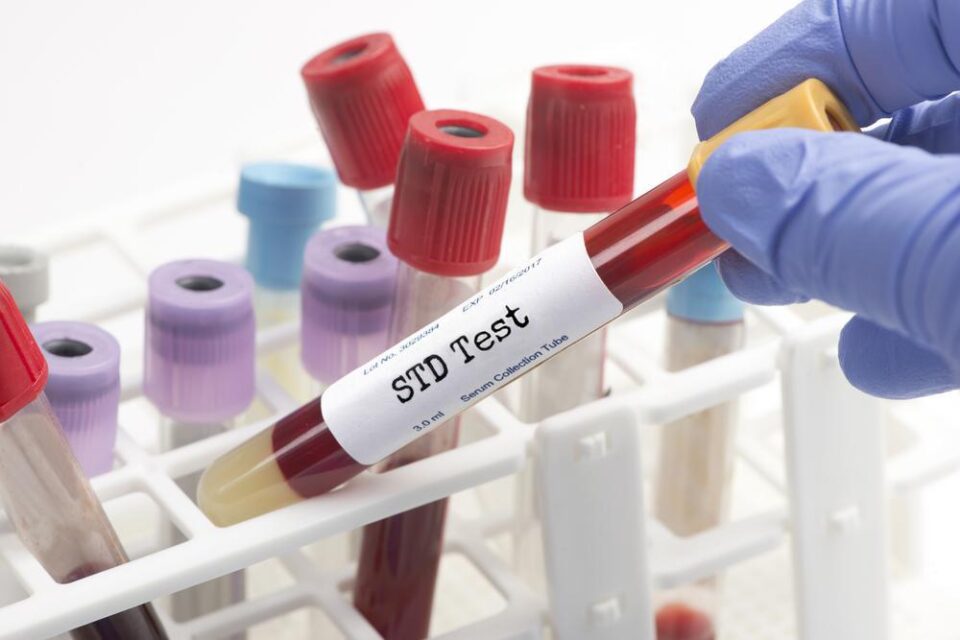Pregnancy is a time of immense joy, but it also comes with some risks. One of those risks is the possibility of transmitting an STD (sexually transmitted disease) to your baby. Unfortunately, too many people don’t think about this potential risk until it’s too late.
If you are pregnant or trying to conceive, it is essential to be tested for STDs. Being tested can help you detect any infections that may be present and receive the appropriate treatment. It can also help protect your baby from harm by decreasing the chances of transmitting a potentially dangerous infection.
That’s why it’s crucial for pregnant women and those trying to conceive to be tested for STDs. In this blog post, we’ll discuss why you should be tested for STDs if you are pregnant or trying to conceive and what steps you can take if you do test positive. Read on to learn more!
What Are The Risks Of STDs During Pregnancy?
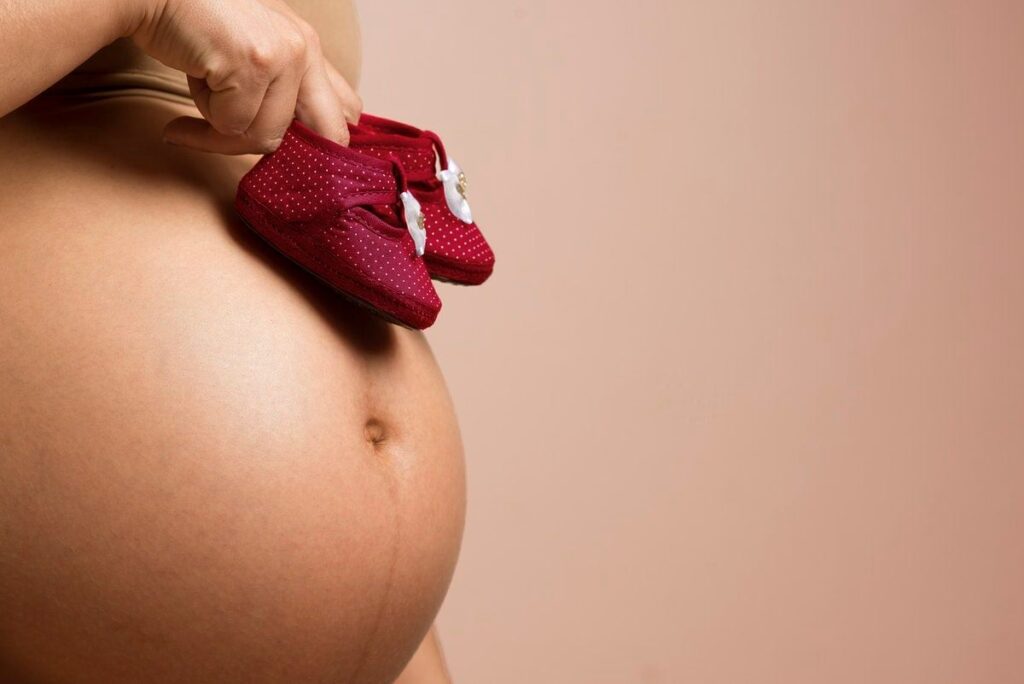
There are a several risks associated with STDs during pregnancy. If you have an STD, you are at an increased risk for developing a severe complication called Pelvic Inflammatory Disease (PID). PID can damage the fallopian tubes and other reproductive organs and can lead to infertility or an ectopic pregnancy.
STDs can also be passed from mother to child during pregnancy or childbirth. Infections such as chlamydia and gonorrhea can lead to serious health problems in newborns, including pneumonia and eye infections. HIV can also be transmitted from mother to child and can lead to AIDS.
If you are pregnant and have an STD, it is essential to talk to your healthcare provider. They can help you get tested and treated, if necessary, and discuss ways to lower the risk of passing the infection to your baby. You can also visit trusted sites, such as stdcheck.com to find labs for affordable and accurate testings.
Reasons Why You Need To Be Tested For STDs If You Are Pregnant Or Trying To Conceive
If you are pregnant or trying to conceive, you should be tested for STDs. There are several reasons why this is important. Read below to find out.
Health Complications:
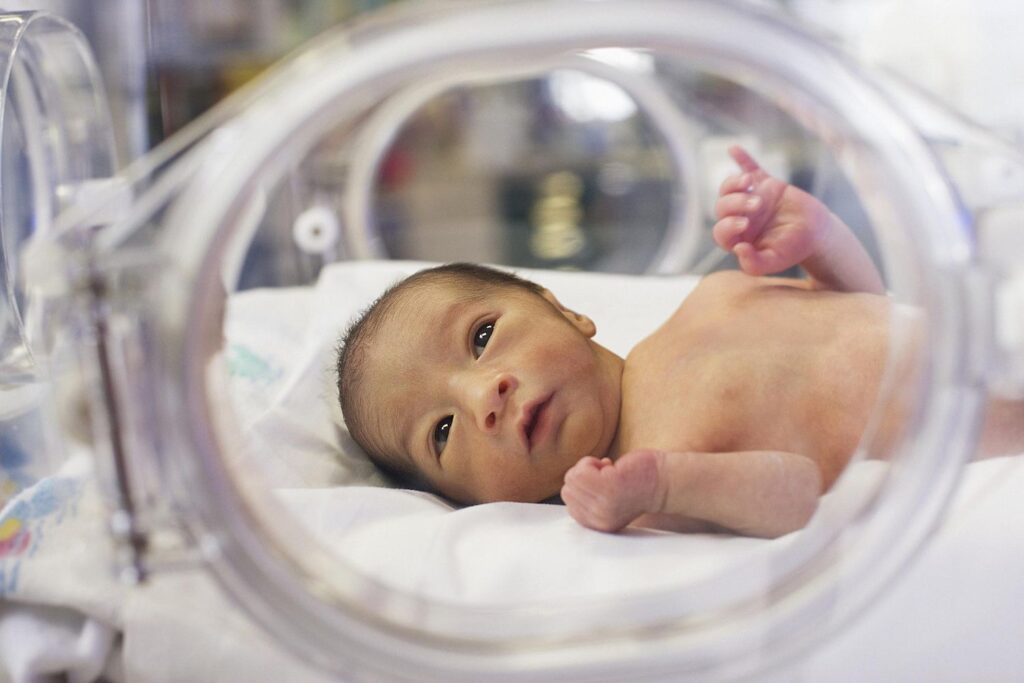
Some STDs can cause serious health problems for both the mother and the baby. For example, untreated chlamydia can lead to premature birth and low birth weight. Other STDs, such as HIV, can be passed from the mother to the baby during pregnancy or delivery. This can lead to serious health problems for the baby, including infection, disability, and even death.
Possible Risk Of Infections:
Many STDs do not have symptoms, so that you may be infected and not even know it. If you are pregnant or trying to conceive, it is essential to get tested so that you can receive treatment if necessary.
Low Birth Weight:
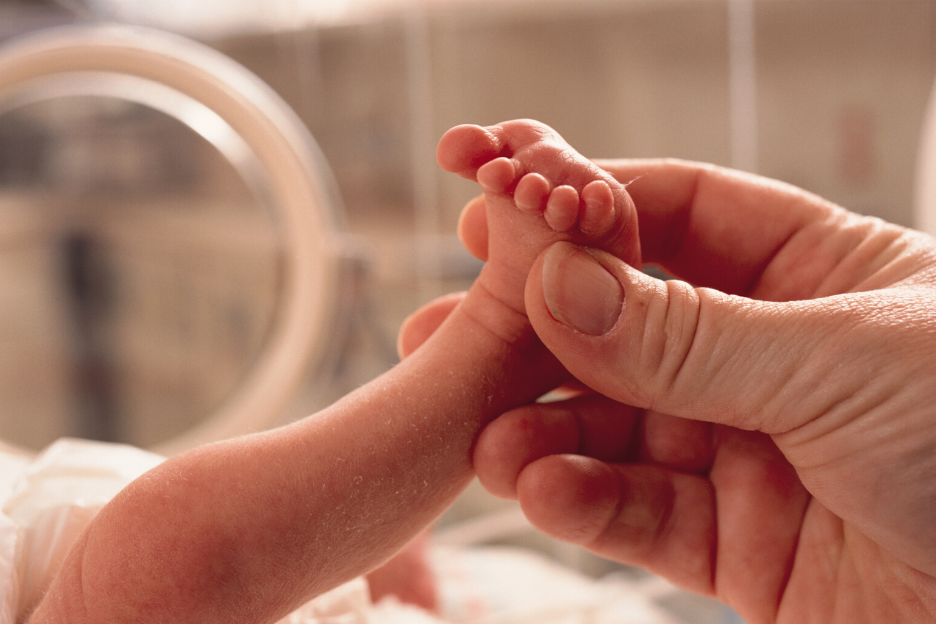
Early diagnosis and treatment of STDs can help prevent complications during pregnancy. For example, if you are diagnosed with genital warts, your healthcare provider can provide treatment that will help decrease your risk of delivering a baby with low birth weight.
Protect Mother’s And Child’s Health:
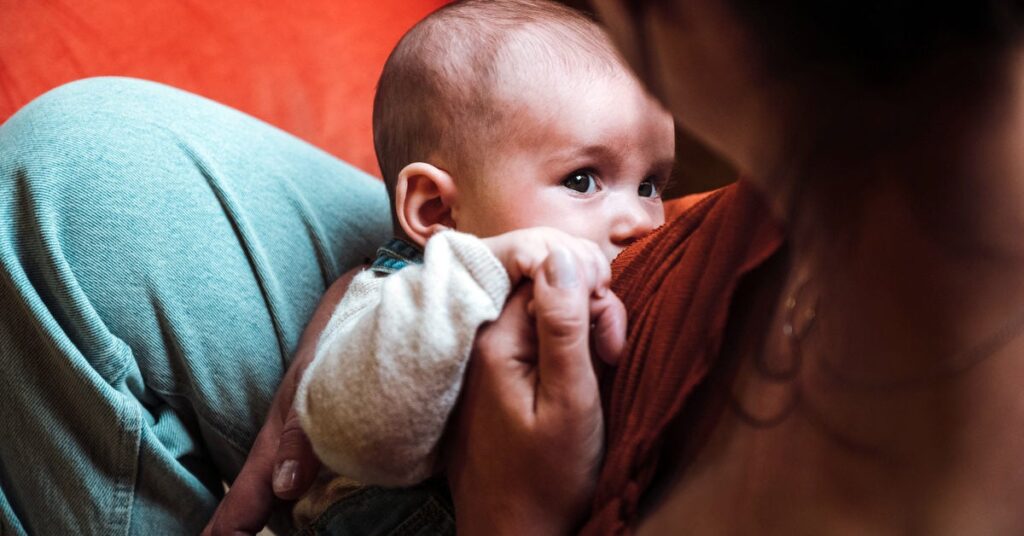
Getting tested for STDs is a simple and straightforward way to protect your health and the health of your unborn child. It is quick, easy, and confidential. Most importantly, it could save your life or your child’s life.
In order to ensure your safety and your baby’s safety, it is crucial to discuss testing with your doctor or healthcare provider as soon as possible. Your doctor can recommend specific tests that may be right for you based on your individual risk factors and medical history. These tests should include screening for HIV, syphilis, gonorrhea, chlamydia, herpes, hepatitis B and C, trichomoniasis, and human papillomavirus (HPV).
It’s also important to speak honestly with your partner about their sexual health. If they have not been recently tested for STDs, it is a good idea to do so before attempting to conceive. This will help reduce the risk of transmitting an infection to you or your baby. Additionally, it’s important to remember that condoms are the best way to prevent transmission of STDs during pregnancy and should be used at all times if either partner has an active
How Can I Get Tested For STDs?
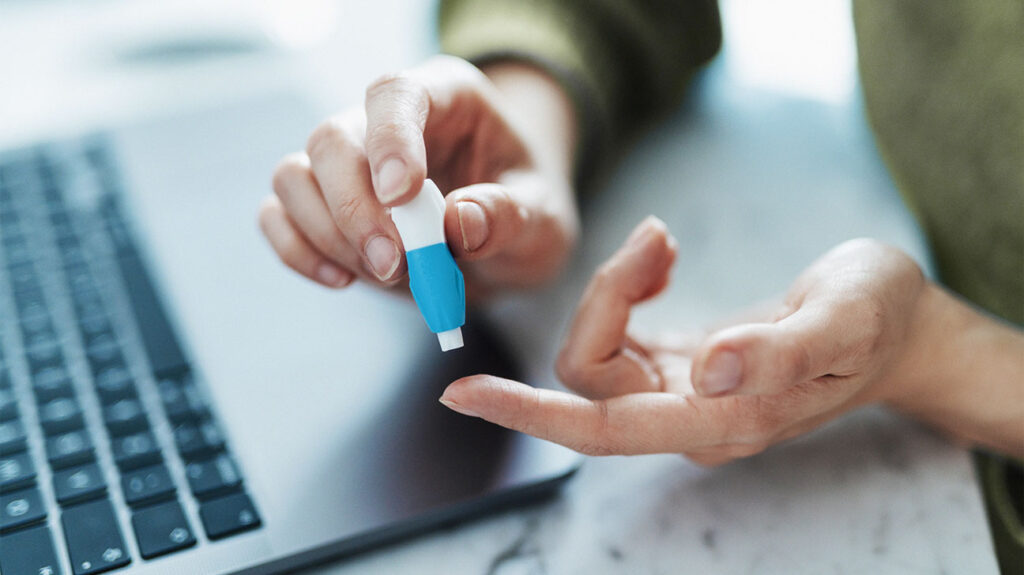
Testing for STDs can be done at a doctor’s office, a local clinic, or by purchasing a home testing kit off the internet. If you go to a healthcare professional, they may take samples by swabbing your vagina, penis, or rectum or draw blood. The results of clinical tests usually come back within a couple of weeks.
If you opt for the home test kit route, you’ll need to collect samples and send them off to be analyzed; these will usually take 2-3 weeks before the results are returned. Whichever method you choose, it’s essential to provide complete details and disclose any symptoms to perform appropriate tests.
Consequences Of Having STDs While Being Pregnant
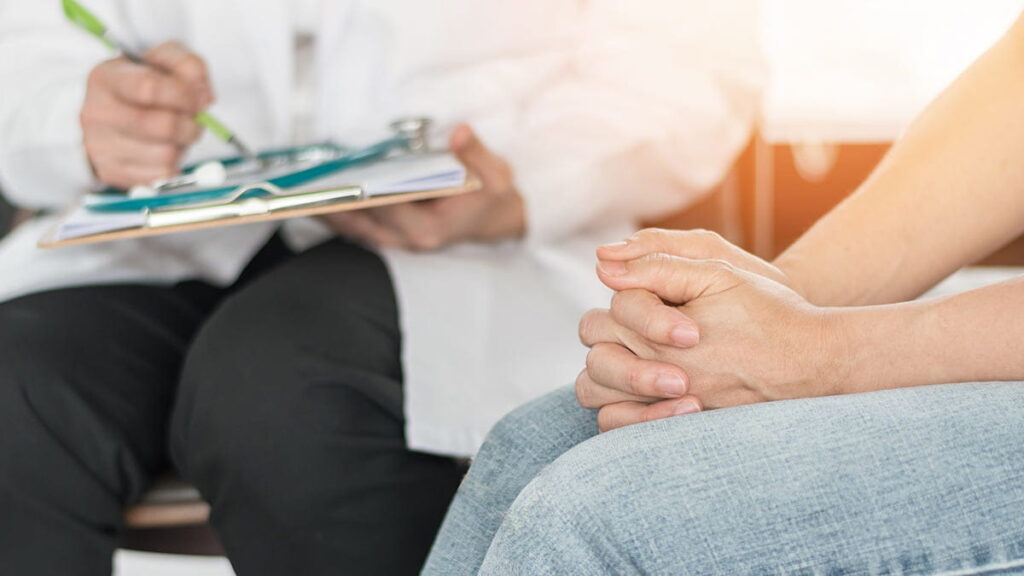
If you have an STD during pregnancy, not only could it affect both you and your baby’s health, but it can also lead to infertility or ectopic pregnancy. Furthermore, untreated STDs can cause life-threatening infections, like sepsis, which may spread to the baby during delivery and cause health complications.
In order to prevent passing on the infection to your baby, it is vital to get tested and treated even if you don’t show any visible symptoms. Moreover, HIV poses its own risks if not managed properly, as it can be passed onto the baby during pregnancy or childbirth. Therefore, it is advisable for all pregnant women to consult with their doctor about getting tested for STDs.
Conclusion
Being tested for STDs is an essential step for any individual who is pregnant or trying to conceive. Not only can it help detect and treat any infections, but it also helps ensure that the baby will be born healthy. It is encouraged that all women of reproductive age need to be checked regularly, so they are aware of their own health status and any potential risks before becoming pregnant. Remember, testing yourself now could save your child a lifetime of complications later on.

